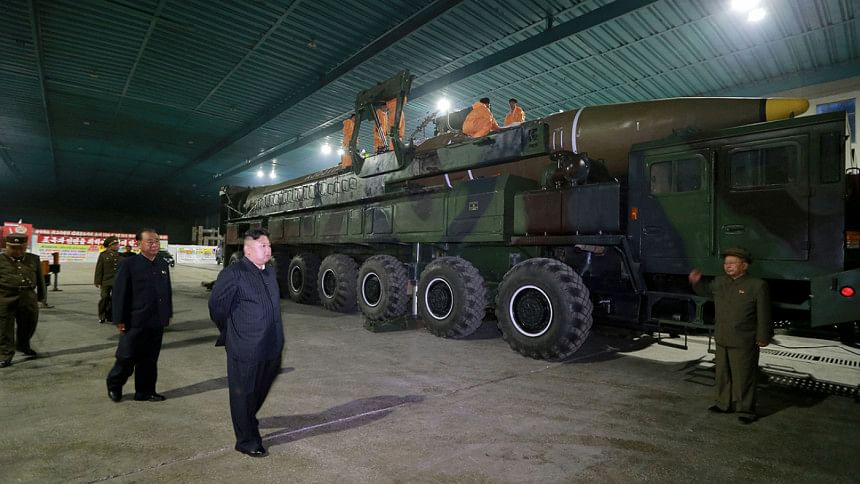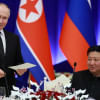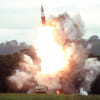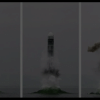Cuba, NKorea reject 'unilateral and arbitrary' US demands

Cuba's foreign minister and his North Korean counterpart rejected the United States' "unilateral and arbitrary" demands on Wednesday while expressing concern about escalating tensions on the Korean peninsula, the ministry said.
North Korea is searching for support amid unprecedented pressure from the United States and the international community to cease its nuclear weapons and missile programs, which it carries out in defiance of U.N. Security Council resolutions.
The country, which has made no secret of its plans to develop a missile capable of hitting the US mainland, has maintained warm political relations with Cuba since 1960, despite the island's opposition to nuclear weapons.
Some diplomats said Cuba was also one of the few countries that might be able to convince North Korea to move away from the current showdown with the United States that threatens war.
The ministers, meeting in Havana, called for "respect for peoples’ sovereignty" and "the peaceful settlement of disputes," according to a statement released by the Cuban foreign ministry.
"They strongly rejected the unilateral and arbitrary lists and designations established by the US government which serve as a basis for the implementation of coercive measures which are contrary to international law," the statement said.
US President Donald Trump has also increased pressure on Cuba since taking office, rolling back a fragile detente begun by predecessor Barack Obama and returning to the hostile rhetoric of the Cold War.
A US State Department official, speaking on condition of anonymity, said that the United States had made clear it wanted a peaceful resolution to the North Korean nuclear issue.
"The DPRK’s belligerent and provocative behavior demonstrates it has no interest in working toward a peaceful solution," the official said.
DPRK stands for North Korea's official name, the Democratic People's Republic of Korea.
Cuba said in the statement the Cuban and North Korean foreign ministers had "expressed concern about the escalation of tensions" on the Korean peninsula.
"The ministers discussed the respective efforts carried out in the construction of socialism according to the realities inherent to their respective countries."
Cuba and North Korea are the last in the world to maintain Soviet-style command economies, though under President Raul Castro, the Caribbean nation has taken some small steps toward the more market-oriented communism of China and Vietnam.
Cuba maintains an embassy in North Korea, but publicly trades almost exclusively with the South. Last year, trade with the latter was $67 million and with the North just $9 million, according to the Cuban government.
North Korea defends its weapons programs as a necessary defense against US plans to invade. The United States, which has 28,500 troops in South Korea, a legacy of the 1950-53 Korean war, denies any such intentions.

 For all latest news, follow The Daily Star's Google News channel.
For all latest news, follow The Daily Star's Google News channel. 








Comments